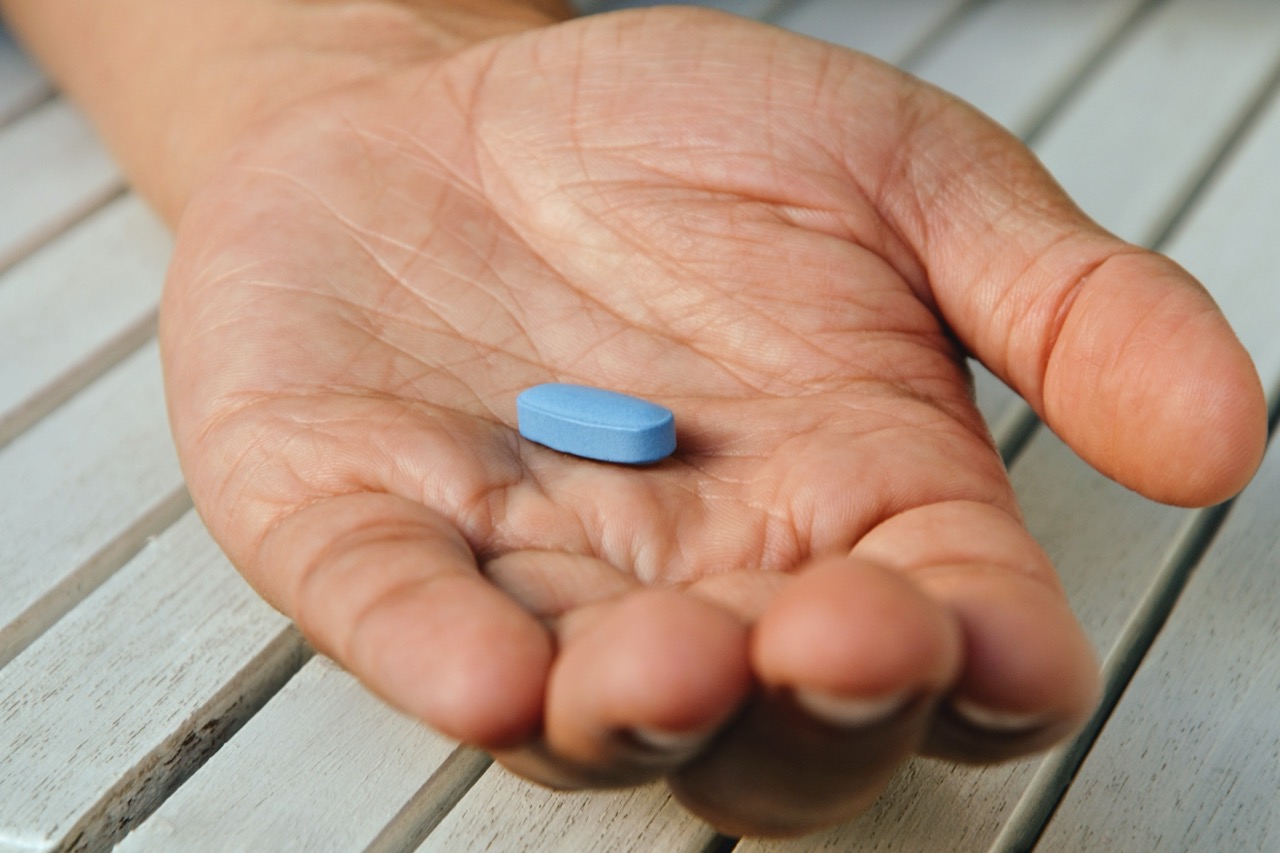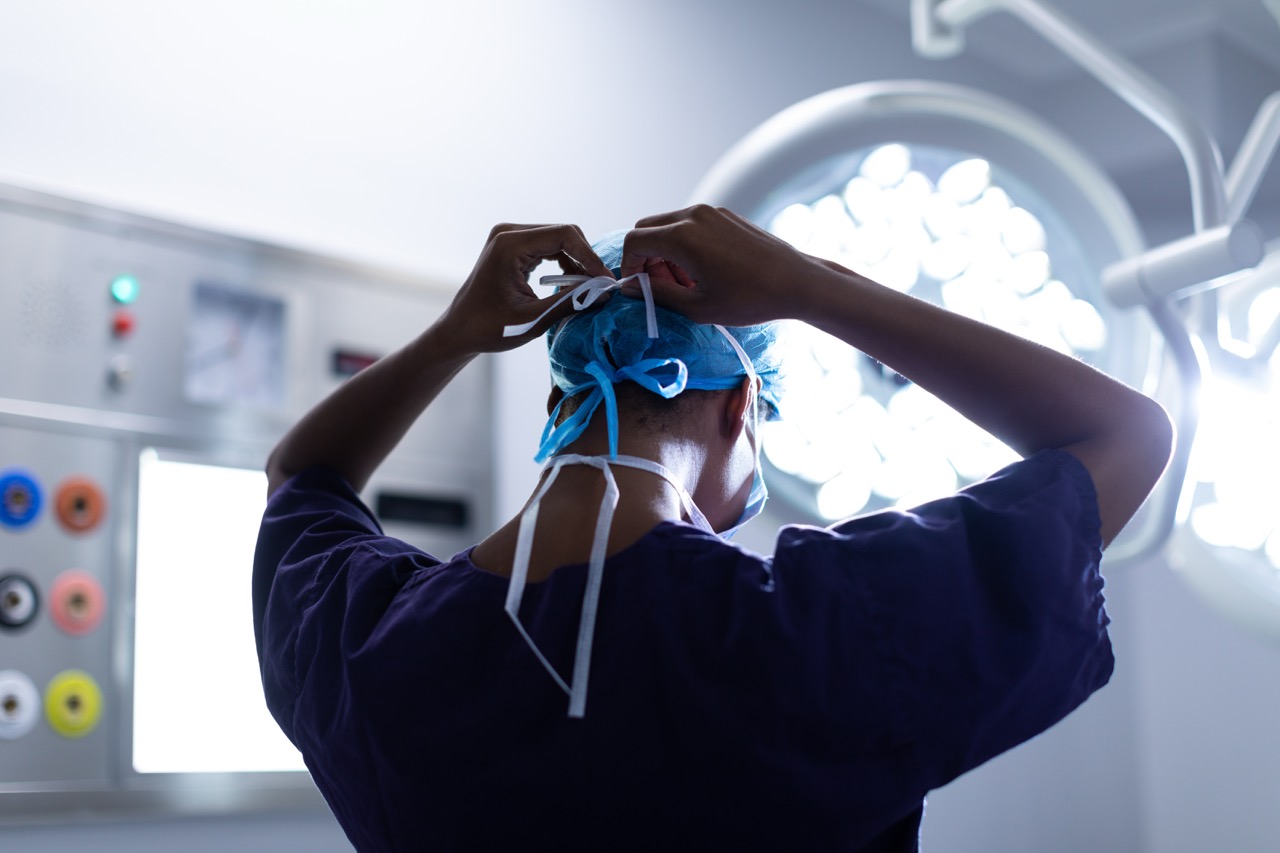Low Testosterone Affects 1 in 4 Men Over 40, But Outdated Myths Keep Many from Seeking Treatment.
Feeling fatigued, losing muscle mass or experiencing decreased libido? You could be among the 25% of men aged 40-62 with low testosterone. Despite this, concerns about prostate cancer and fertility have kept many men from exploring the treatment. Let’s separate fact from fiction.
In this evidence-based guide, Dr. Premal Patel and Dr. Jay Nayak address:
- What the landmark TRAVERSE study revealed about TRT and heat health (the results may surprise you)
- Why TRT doesn’t increase prostate cancer risk (debunking the most persistent myth)
- How to preserve fertility while treating low testosterone (a critical option many physicians don’t discuss)
- Four different TRT administration methods and how to choose the right one
- What “free testosterone” means and why it matters for diagnosis
- Reversible causes of low testosterone you can address before starting TRT
- Realistic timelines: when to expect improvements (most men see changes within 3-6 months)
Experiencing symptoms of or already experiencing low testosterone? Understanding your treatment options and the latest safety evidence is essential to making an informed decision.






